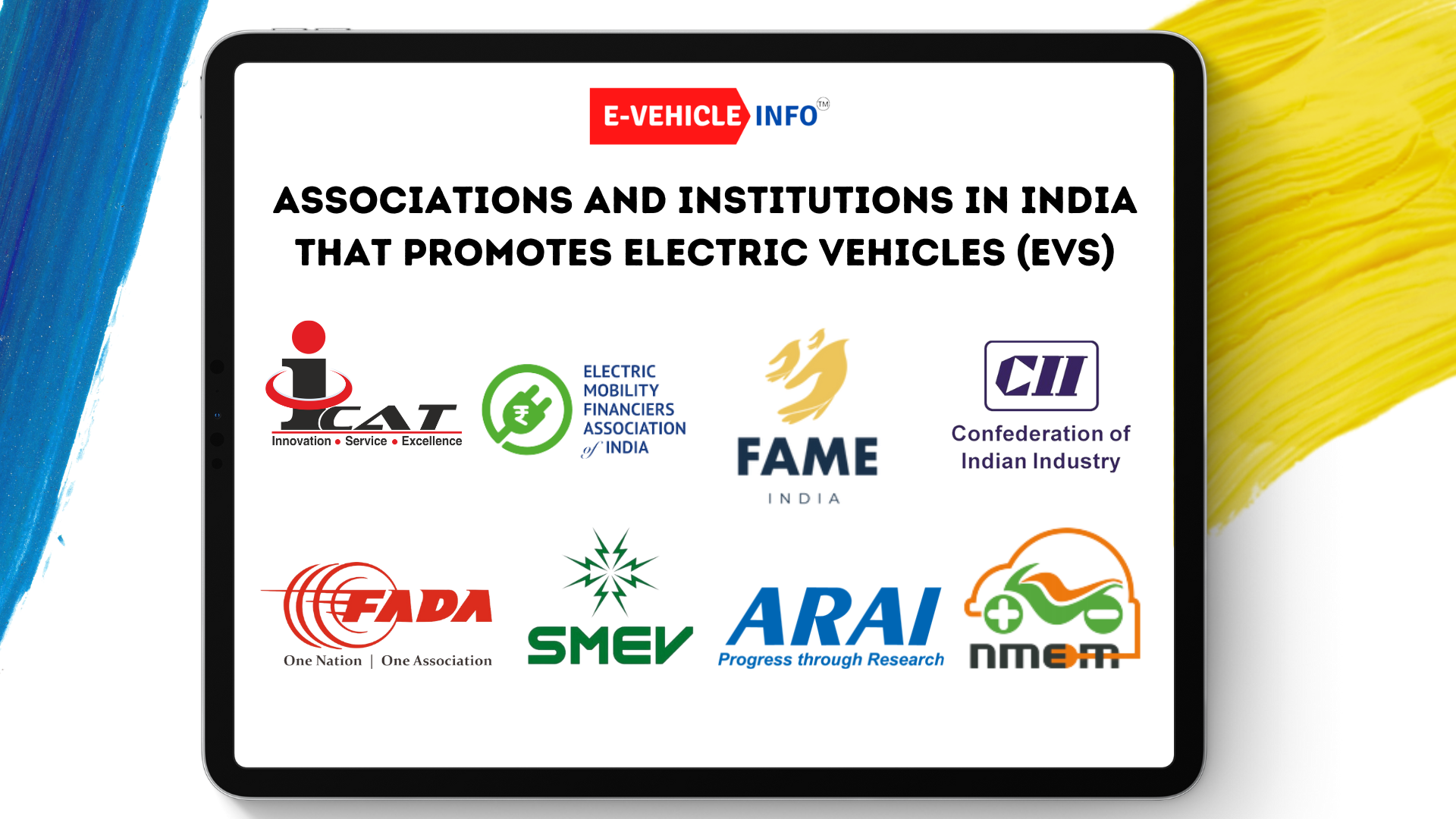
Several associations & institutions in India focus on promoting and developing electric vehicles (EVs) and related infrastructure. Some of them are listed here:
Table of Contents
List of Associations and institutions in India that promotes Electric Vehicles
1. The Society of Manufacturers of Electric Vehicles (SMEV):
The registered association for Indian producers of electric cars (EV) and EV parts is called SMEV. SMEV works closely with the federal and state governments to help develop the laws and procedures supporting the EV ecosystem.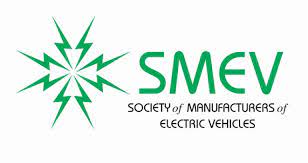 Through the NEMMP-2020 and FAME policies, the simplification of import charges, and the lowering of municipal taxes and levies, SMEV has made a substantial contribution to the cause of promoting EVs in the nation. This non-profit organization represents the interests of EV manufacturers and suppliers in India.
Through the NEMMP-2020 and FAME policies, the simplification of import charges, and the lowering of municipal taxes and levies, SMEV has made a substantial contribution to the cause of promoting EVs in the nation. This non-profit organization represents the interests of EV manufacturers and suppliers in India.
2. The National Electric Mobility Mission Plan (NEMMP):
This government policy aims to promote EV adoption in India by providing financial and other incentives to manufacturers, consumers, and infrastructure providers. By encouraging hybrid and electric cars in the nation, the National Electric Mobility Mission Plan (NEMMP) 2020 seeks to ensure national fuel security. From 2020 onward, an ambitious goal is to sell 6-7 million hybrid and electric automobiles annually. The government wants to jumpstart this emerging technology by offering financial and fiscal
incentives. The government intends to encourage people to acquire these hybrid and electric automobiles by providing financial assistance.
3. The Confederation of Indian Industry (CII):
This business association promotes the growth of the Indian economy and advocates for the adoption of clean energy technologies, including EVs. The Confederation of Indian Industry (CII) collaborates with businesses, the government, and civil society through advisory and consultative processes to promote and maintain an environment that supports
India’s development.
4. The Automotive Research Association of India (ARAI):
This leading automotive R&D organization in India was founded in 1966 by the automobile industry in collaboration with the Indian government. ARAI is an independent organization
connected to the Indian government’s Ministry of Heavy Industries. Assuring reliable, safe, low-pollution vehicles has been a critical responsibility of ARAI. 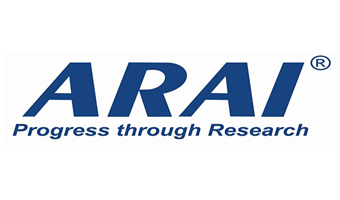
5. The FAME India
Faster Adoption and Manufacturing of (Hybrid &) Electric Vehicles in India scheme is a scheme launched by the Government of India to encourage the adoption and manufacturing of electric vehicles in India. The National Electric Mobility Mission introduced the Faster Adoption and Manufacturing of Electric Vehicles (FAME) scheme in April 2015 to promote purchasing electric and hybrid vehicles by offering financial help. Up till 2019, its first phase lasted four years.
6. The Electric Vehicle Association of India (EVA)
This non-profit organization promotes the development and adoption of EVs in India through advocacy, research, and networking. (Website not available)
7. Electric Mobility Financiers Association of India (EMFAI):
This non-profit organization promotes the development and adoption of electric mobility
solutions in India through advocacy, research, and networking. Founded on March 4, 2022, the Electric Mobility Financiers Association of India is a private organization. It is registered with the Registrar of Companies in Delhi and is categorized as a Non-Government Company. Both it is paid-up capital, and authorized share capital is Rs. 100,000. It involves social activities as well.
8. The Indian Association of Energy Management Professionals (IAEMP):
The Indian Association of Energy Management Professionals (IAEMP) is an organization of
highly skilled, devoted, and energetic energy conscience bearers for the country. With the sole aim of making India energy independent by 2032, IAEMP is prospering with energy specialists. This non-profit organization promotes the development of energy management practices and technologies in India, including EV charging infrastructure.
9. The International Centre for Automotive Technology (ICAT):
The International Centre for Automotive Technology (ICAT), Manesar, is a premier international automotive testing, certification, and R&D service provider operating under the auspices of NATRiP (National Automotive Testing and R&D Infrastructure Project), a project of the Indian government. It is situated in the northern automotive region of India. The goal of ICAT is to become a preeminent research and development facility that collaborates with the automotive sector to create cutting-edge technology. ICT has worked on various initiatives, including developing electric and hybrid vehicles and engines optimized for Indian driving conditions. This government-funded organization researches and tests multiple aspects of the automotive industry, including EVs.
It is situated in the northern automotive region of India. The goal of ICAT is to become a preeminent research and development facility that collaborates with the automotive sector to create cutting-edge technology. ICT has worked on various initiatives, including developing electric and hybrid vehicles and engines optimized for Indian driving conditions. This government-funded organization researches and tests multiple aspects of the automotive industry, including EVs.
10. The National Automotive Testing and R&D Infrastructure Project (NATRIP):
The National Automotive Testing and R&D Infrastructure Project (NATRiP) has a total
the project cost of Rs. 3727.30 crores, which is entirely supported by the Indian government. This is the most significant undertaking in the automotive industry to date. By facilitating the seamless integration of the Indian automotive industry with the rest of the world, the project aims to develop core global competencies in the automotive sector in India. To this end, four cutting-edge new facilities will be built for automotive testing, homologation, and R&D, and two existing facilities will be upgraded with advanced machinery.
The four newly established centers are as follows:
• Manesar (Haryana), in northern India, is home to the International Centre for Automotive Technology (iCAT).
• The Global Automotive Research Centre (GARC), located in Oragadam, Tamil Nadu, south of Chennai.
• The Pithampur National Automotive Test Tracks (NATRAX) in Madhya Pradesh, close to Indore.
• The northeastern Indian city of Silchar (Assam) is home to the National Institute of Automotive Inspection, Maintenance & Training (NIAIMT). New technologies have been added to the two existing institutions, Vehicle Research & Development Establishment (VRDE Ahmednagar) and Automotive Research Association of India (ARAI-Pune).
11. Society of Automotive Engineers India (SAEI):
SAEINDIA is an Indian non-profit engineering and scientific association dedicated to the improvement of the mobility industry in India. It is a strategic alliance partner of SAE International. It is one of India’s top sources of mobility technologies. The ownership of SAEINDIA rests with its members, who are individuals from the mobility community,
including engineers, executives from industry, government officials, academics, and students. SAEINDIA is an individual member-driven organization of mobility practitioners.
12. Federation of Automobile Dealers Association (FADA):
The Federation of Automobile Dealers Association (FADA), which was established in 1964, is the leading national organization in India for the automotive retail sector, which deals
in the sale of 2/3 Wheelers, Passenger Cars, SUVs, and Commercial Vehicles (including buses and trucks), and Tractors as well as services and spare parts.  Over 15,000 auto dealers with 26,500 dealerships are represented by FADA India, along with several associations of car dealers at the regional, state, and city levels that represent the whole auto retail industry. In service departments and dealerships, they collectively employ over 4 million individuals. At the same time, FADA India actively networks with industries and authorities, both at the Central and State levels, to provide comments and proposals on Auto Policy, Taxation, Vehicle Registration Procedure, Road Safety, Clean Environment, and so on, to sustain the expansion of the Automobile Retail Trade in India.
Over 15,000 auto dealers with 26,500 dealerships are represented by FADA India, along with several associations of car dealers at the regional, state, and city levels that represent the whole auto retail industry. In service departments and dealerships, they collectively employ over 4 million individuals. At the same time, FADA India actively networks with industries and authorities, both at the Central and State levels, to provide comments and proposals on Auto Policy, Taxation, Vehicle Registration Procedure, Road Safety, Clean Environment, and so on, to sustain the expansion of the Automobile Retail Trade in India.
13. The Energy and Resources Institute (TERI):
Leading research organization The Energy and Resources Institute (TERI) focuses on studying energy, the environment, and sustainable development. As a resource for information on energy-related topics, TERI was founded in 1974. Over the following decades, it developed into a research organization whose technological and policy solutions
revolutionized the lives of individuals and the environment. In terms of E-Mobility, the future trends include grid integration, smart regulated charging, electric vehicles, and charging infrastructure.
14. Centre for Battery Engineering and Electric Vehicles, IIT Madras (CBEEV):
The Centre for Battery Engineering and Electric Vehicles (CBEEV) was established to
investigate batteries as an alternative to harmful fuels, work with OEMs to comprehend the difficulties posed by batteries as a fuel source, and develop solutions for them. CBEEV’s primary areas of interest include electric vehicles and researching how partial charge-discharge cycles affect battery life. The center focuses on R&D and provides the industry with goods for commercialization. It collaborates with industry partners to offer a product that Indian markets demand.
15. Battery and Recycling Association of India (BRAI):
This non-profit organization promotes the development of EV battery technology and recycling in India through advocacy, research, and networking.
16. The Indian Battery Manufacturers Association (IBMA):
This non-profit organization promotes the development of EV battery technology and recycling in India through advocacy, research, and networking.
17. The Indian Electric Vehicle Association (IEVA):
This non-profit organization, a Facebook group, promotes the use of EVs in India and works to create a favorable policy environment for the industry. It also allows anyone to discuss related topics and has a forum to ask questions directly to the experts.
These Indian associations, institutions, and policies promote ongoing and
upcoming technologies for the development of electric vehicles and their proper
functions.
Read More:- List of Upcoming Electric Vehicle Expo and Events in India 2023

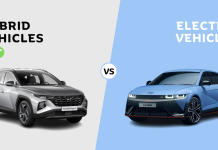
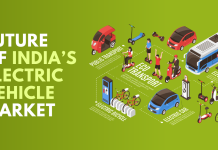




I like the efforts you have put in this, regards for all the great content.
Thanks for sharing, this is a fantastic article post. Great.
Thank you 1,000,000 and please carry on the gratifying work.